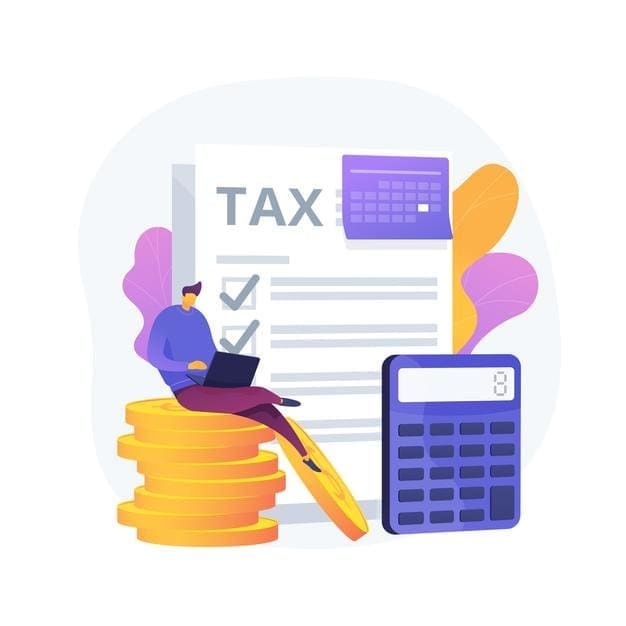Experts feel the order will set new trend in investigation
The Punjab and Haryana High Court has held that there must not be any recovery of disputed GST unless a speaking order is passed by the officer concerned. Law experts say that this will help the petitioner and all other such petitioners who are being subject to investigation and are forced to pay up at the initial stage.
A division bench of Judges Ajay Tewari and Pankaj Jain was hearing a petition filed by Subway Systems relating to multiple summons by tax authorities without providing adequate time, and even as an advance ruling petition was pending before the appropriate authority. The Court said, “This petition is disposed of with a direction that in case the petitioner appears before the officer concerned on November 29, he may file a reply and make submissions both on law and merits and the officer concerned would decide the same by passing a speaking order, in accordance with law.”.
It was argued that in response to the first summon served, the petitioner had submitted that it would require two weeks to appear with all the material but further summons was being issued without any breathing time.
According to legal experts, the recent trend is that numerous summons are issued to top management and they are forced to pay a substantial amount even before issuance of any showcause notice or an order. In this case, the controversy is with respect to the taxability of intellectual property rights at the rate of either 12 per cent or 18 per cent for which the advance ruling application is already pending before the appropriate authority.
‘No coercive action’
While the application is pending for disposal, tax authorities have issued various summons to submit huge data and information and tried to recover tax without the issuance of the show cause notice.
The writ petition filed before the court asked that no coercive action must be taken and that any recovery must be made only subsequent to the passing of an appropriate order after following due process of law.
Abhishek A Rastogi, partner at Khaitan & Co, who argued the matter for the petitioner, said, “Our submission is that the investigation cannot proceed when the advance ruling application is pending. Secondly, multiple summons must not be issued to traumatise the petitioner and the petitioner must be given adequate breathing time to file submissions appropriately. Further, while the power to issue summons have been raised, the moot point remains that there must not be any recovery without following the process of law.”

